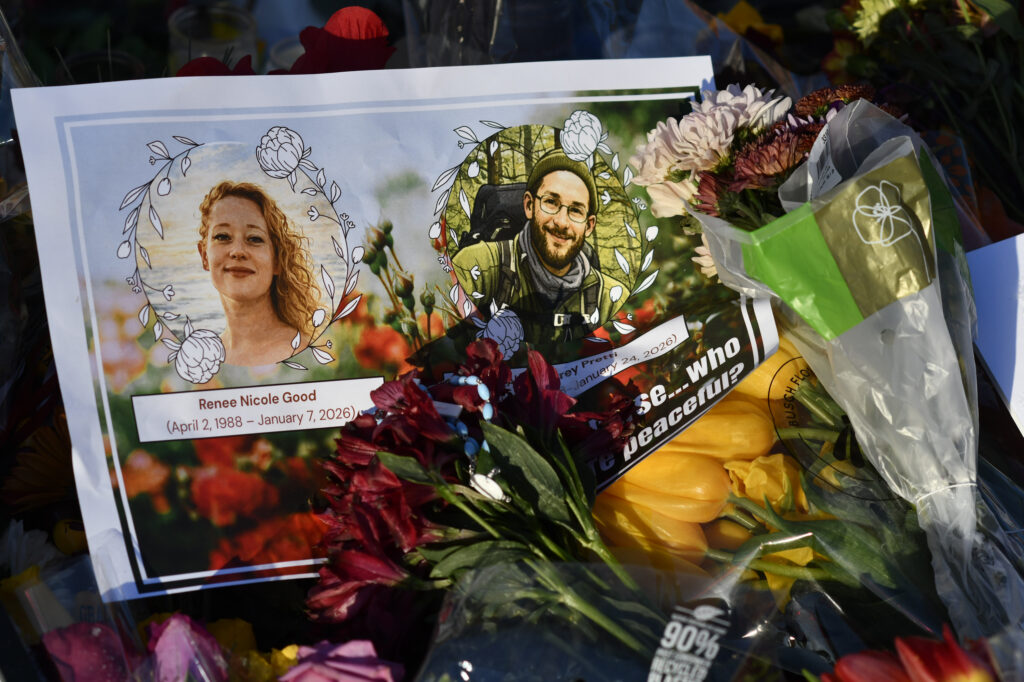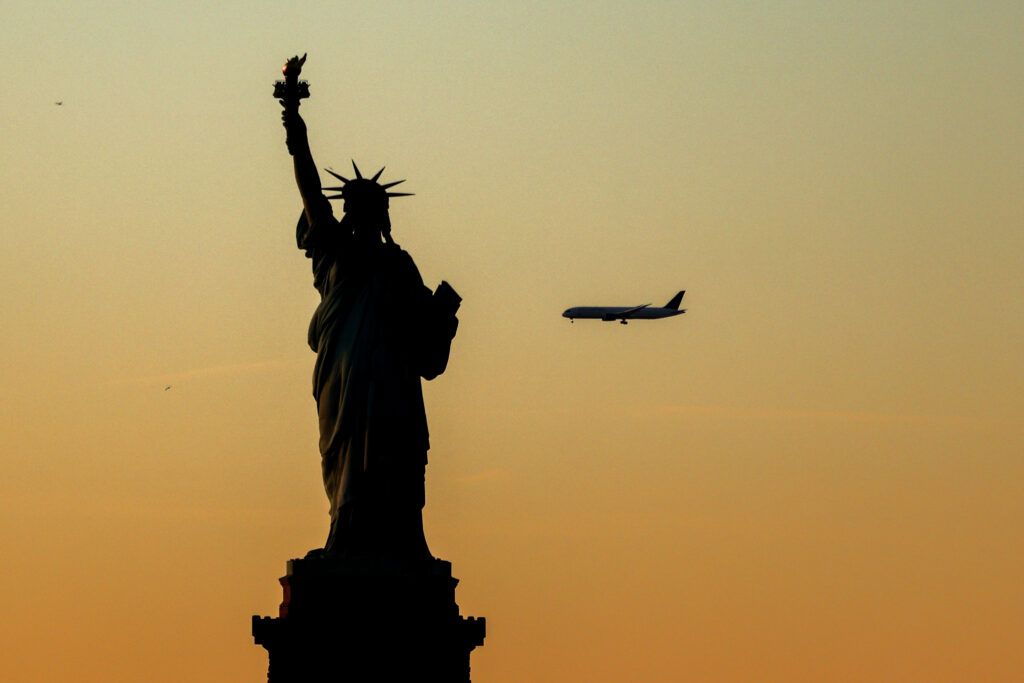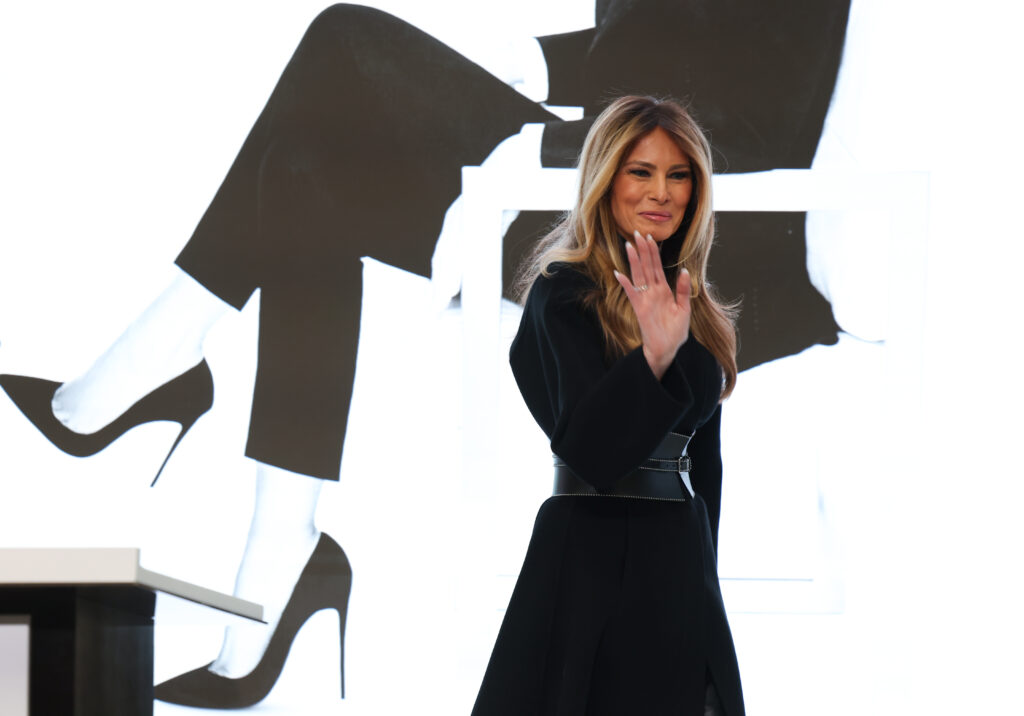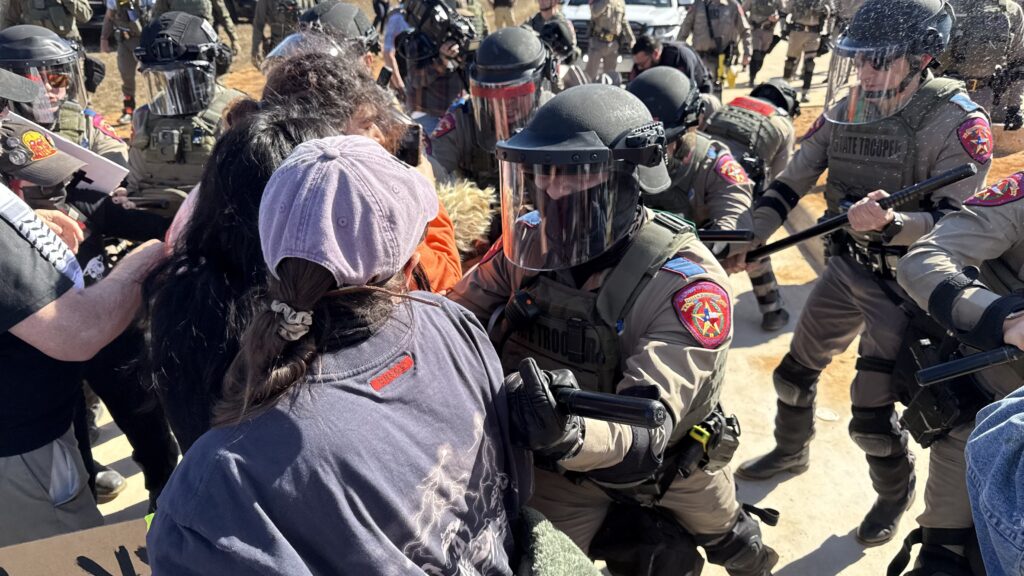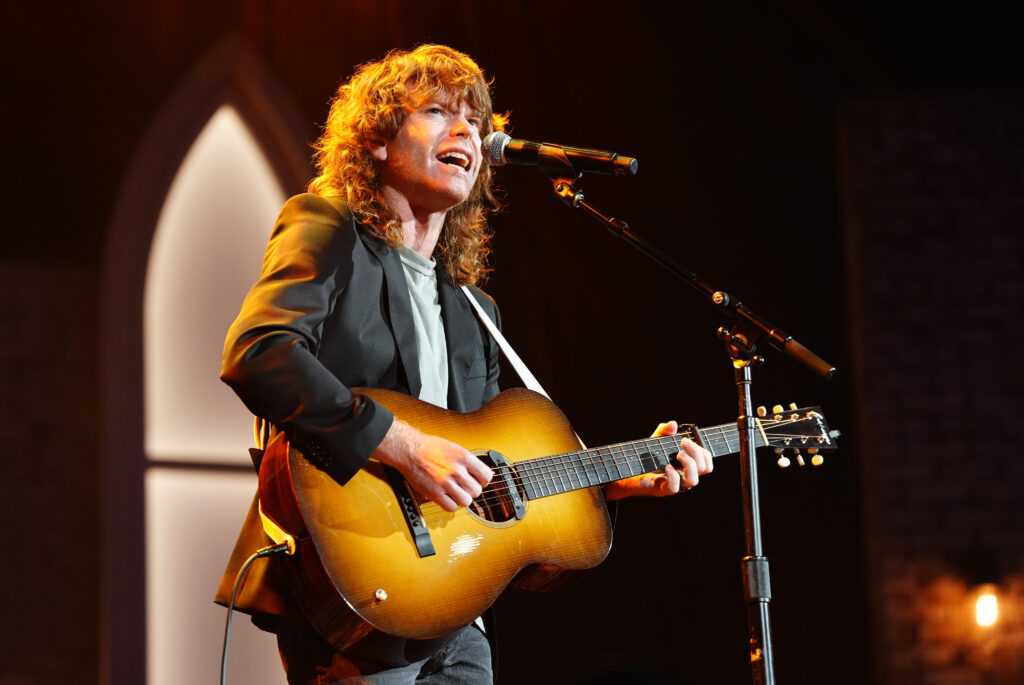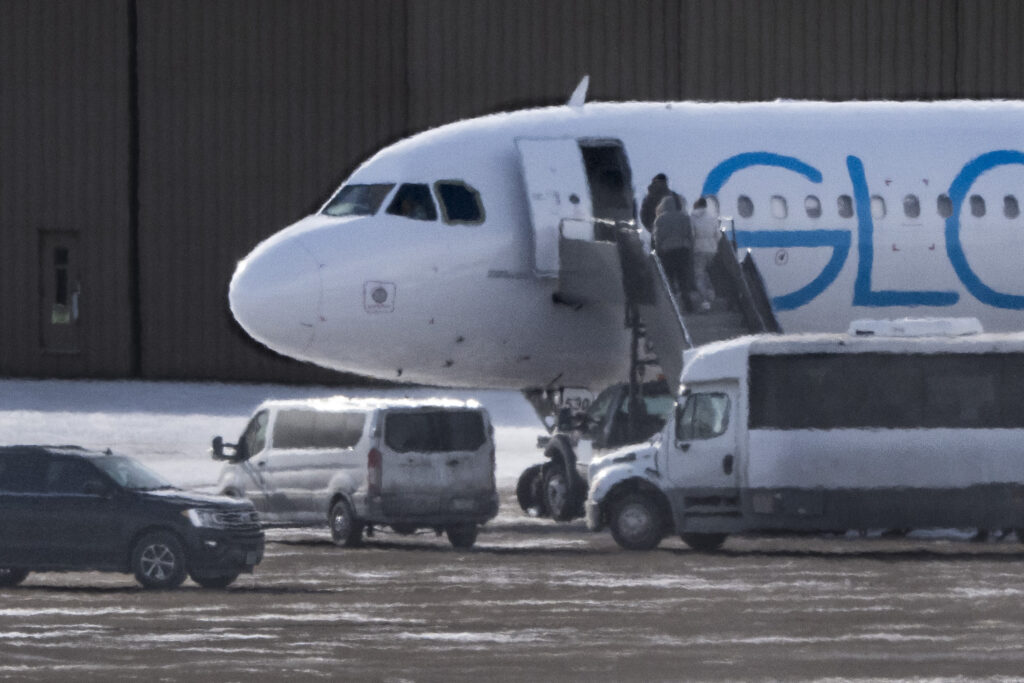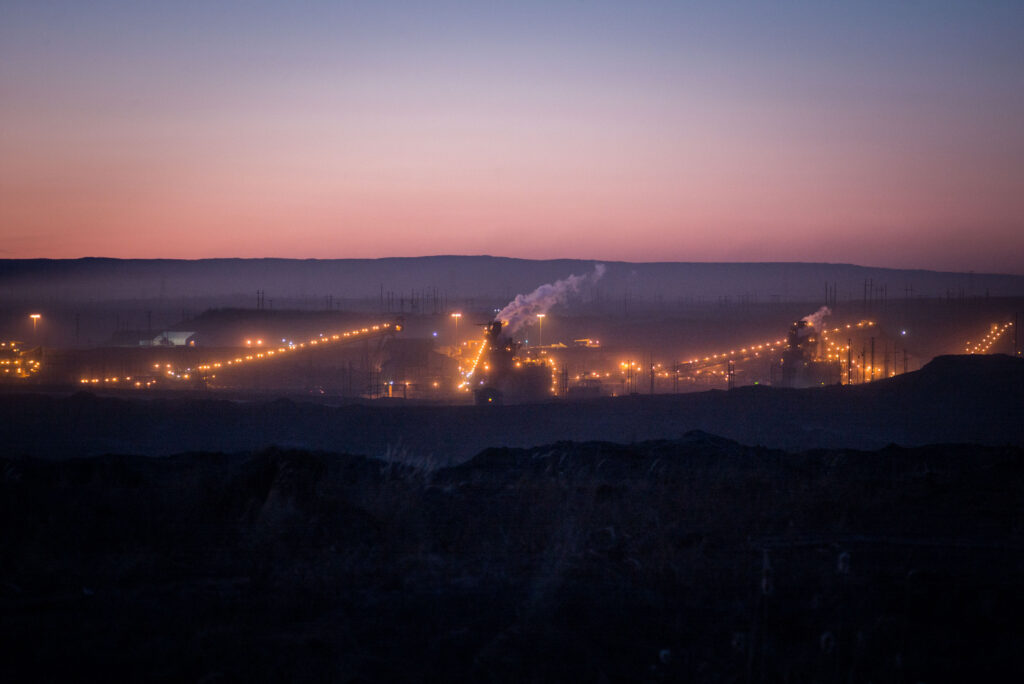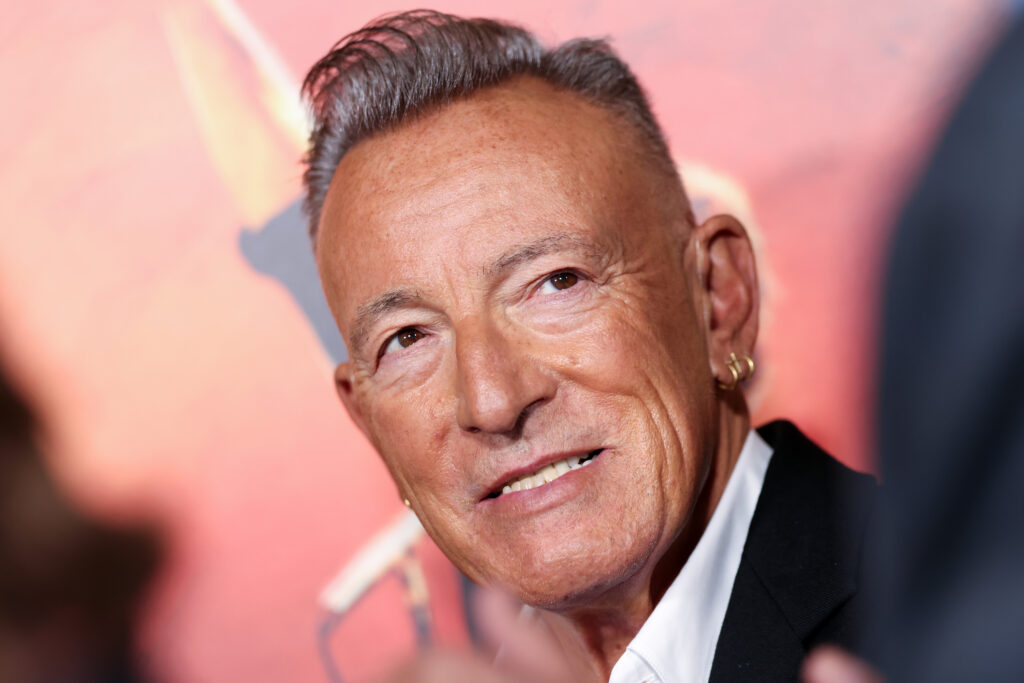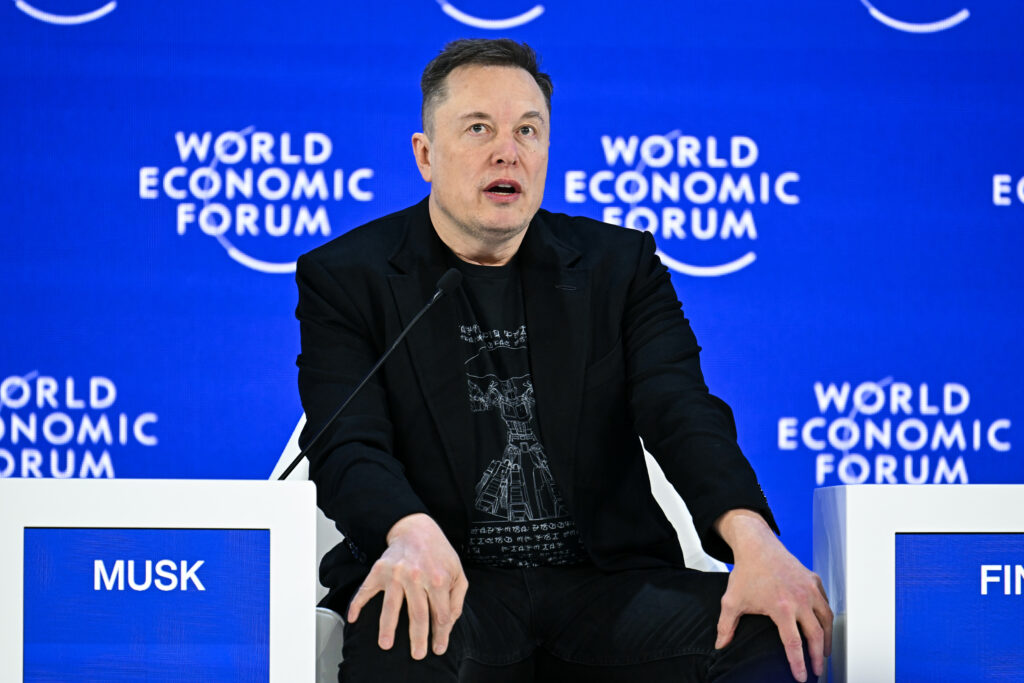Trump’s border chief to speak in Minneapolis as shooting fallout grows
US President Donald Trump’s border czar Tom Homan was set to present his plans on Thursday as the new face of the immigration crackdown in Minneapolis, after two federal agents involved in the fatal shooting of an American citizen were placed on leave.The agents were placed on leave on Saturday, which Customs and Border Protection (CBP) said is “standard protocol,” after 37-year-old Alex Pretti was shot multiple times and forced to the ground in a scuffle captured on video.Trump has scrambled to stem outrage across the political aisle over the killing, saying Tuesday he wanted to “de-escalate a little bit” in Minneapolis.But the president backpedaled his conciliatory note Wednesday, accusing the city’s mayor Jacob Frey of “PLAYING WITH FIRE” for refusing to rally local police to enforce the federal immigration sweeps.The political battle could soon move to Congress, where Democrats are threatening to hold up authorization for swathes of US government funding if reforms are not made to rein in the sprawling military-style immigration agencies.Frey responded Wednesday to Trump ramping up his rhetoric, writing on X: “The job of our police is to keep people safe, not enforce fed immigration laws.”In another blow to Trump’s immigration crackdown, a federal judge ruled Wednesday to halt the detention of refugees in Minnesota awaiting permanent resident status and ordered the release of those in detention.Meanwhile, another federal judge slammed Immigration and Customs Enforcement (ICE) chief Todd Lyons, claiming he “has likely violated more court orders in January 2026 than some federal agencies have violated in their entire existence.”The White House initially justified Saturday’s fatal shooting of Pretti, an intensive care nurse, whom Homeland Security chief Kristi Noem described as a “domestic terrorist.”But widespread backlash forced Trump to shuffle leadership of immigration operations in Minneapolis, replacing Border Patrol commander Greg Bovino with policy-focused Homan.Homan is expected to hold a press conference at 7 am (1300 GMT) Thursday in Minneapolis, the White House said.- Fury -While the White House insists it is targeting hardened criminals, the use of masked, heavily armed men to snatch people from streets, homes and workplaces has caused widespread shock.That turned to fury this month after immigration agents shot dead two Minneapolis protesters at point-blank range in separate incidents — Pretti and Renee Good, who are both US citizens.Top Trump aide Stephen Miller initially justified Pretti’s killing by branding him a “would-be assassin” — despite video evidence clearly showing the nurse posed no threat as he was shot in the back while pinned down on the ground.Miller later said the federal agents who killed Pretti “may not have been following that protocol.”Clashes between protesters and federal immigration officers who are deployed to Democratic cities have become increasingly common. In Minneapolis, 39-year-old community activist Jennifer Arnold said little has changed since Trump’s promise to ease tensions in the city.”The Trump administration is saying that they’re going to change tactics…but we are not experiencing anything different,” Arnold told AFP.- Omar attacked -Trump’s focus on Minnesota is linked to a probe into alleged corruption by Somali immigrants in the state, which he and right-wing allies have amplified as an example of what they say is a fight against alleged criminal immigrants.The president has persistently targeted Somali-born congresswoman Ilhan Omar, saying she should be sent back to Somalia.In the latest sign of a deteriorating political climate, a man sprayed Omar with an unknown liquid while she was giving a speech late Tuesday, before being tackled by security.The suspect, 55-year-old Anthony Kazmierczak, was arrested on suspicion of assault.
